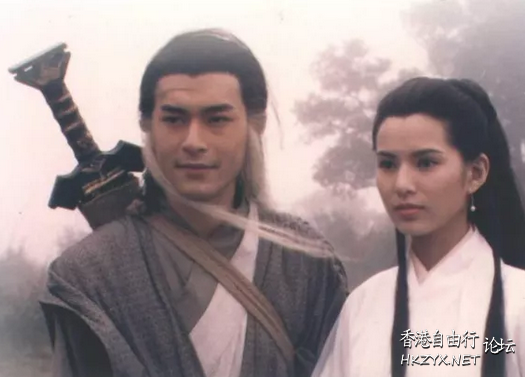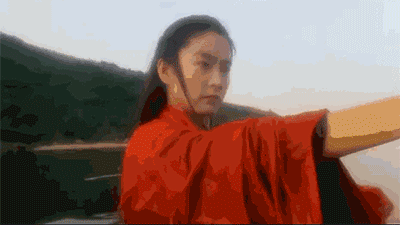|
|
本帖最後由 artking 於 2018-10-31 13:09 編輯

金庸大侠自上世纪五十年代开始创作武侠小说,他笔下“飞雪连天射白鹿,笑书神侠倚碧鸳”的故事早已传遍中原,但是西域读者大多只闻其名,未读其书,因为翻译金庸的武侠小说实在太难。
波士顿大学比较文学系教授Petrus Liu在最近一篇《石英》杂志(Quartz)的报道中说:
“Translating Jin Yong is often a daunting task because of the complexity of his language, which integrates prose and poetry and makes extensive use of ‘four-character phrases’ and other Chinese idioms in order to recreate the ‘feel’ of traditional Chinese vernacular novels.”
“翻译金庸令人生畏。为了营造中国传统小说的感觉,他的语言复杂,作品里夹杂诗歌,还大量使用四字成语和民间俗语。”
该报道还给西方读者介绍了金庸小说中极难翻译的词,比如“江湖”:
The characters in Cha’s world — who have colorful names like the “Seven Freaks of the South” — operate in what is known as the jianghu, a term that is familiar to Chinese speakers and any reader of wuxia fiction but difficult to translate into English. The word literally translates as “rivers and lakes,” but is typically used to mean people who live in a world parallel to conventional society, one that operates by its own laws and code of ethics. It is closely linked to another wuxia term, the wulin, or “martial arts forest,” referring to a community of people practicing martial arts.
金庸小说中人物的名字极富特色,比如“江南七怪(Seven Freaks of the South)”等,这些人行走在 “江湖”之中。中国读者熟悉的“江湖”,字面意思为“江和湖”,但其意蕴很难翻译成英文,因为它常用来表示和古代传统社会平行存在的社会环境,其生存法规和道德自成一派。“江湖”和“武林”休戚相关,后者指代会武功的人组成的群体。

|
|
